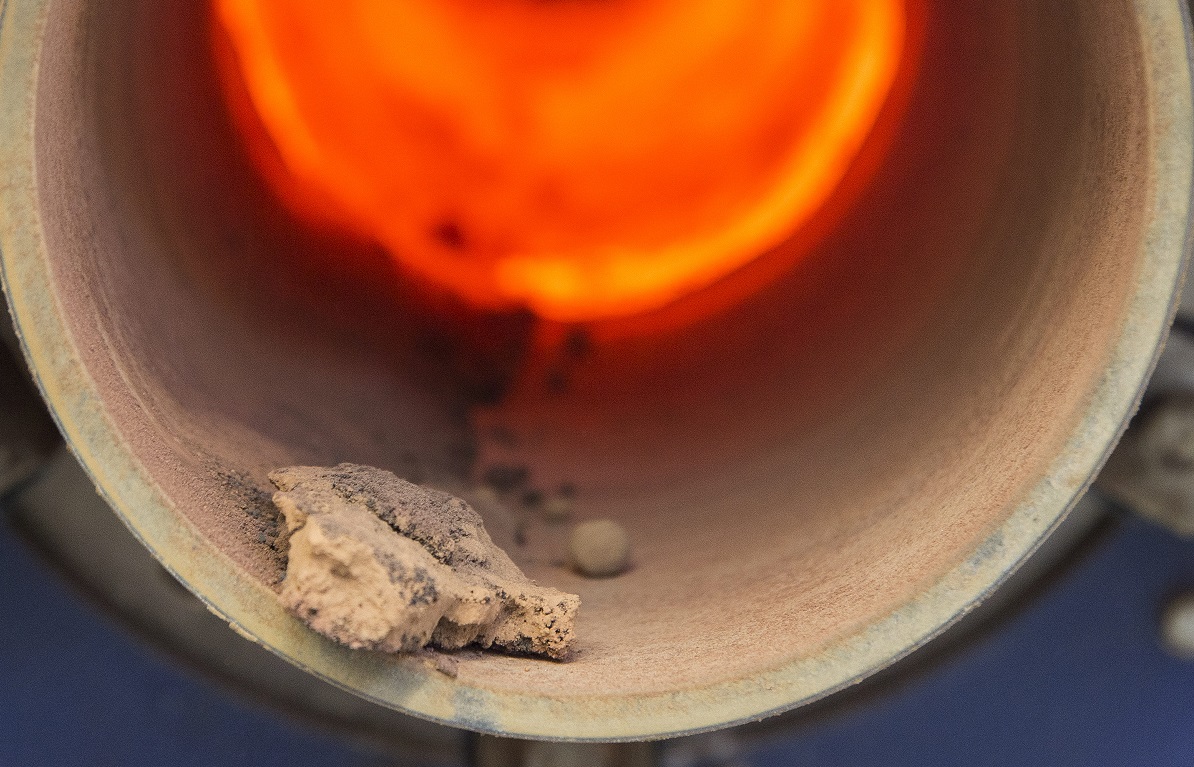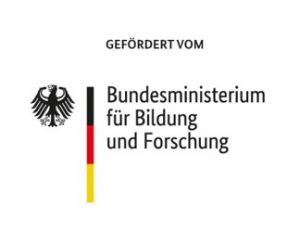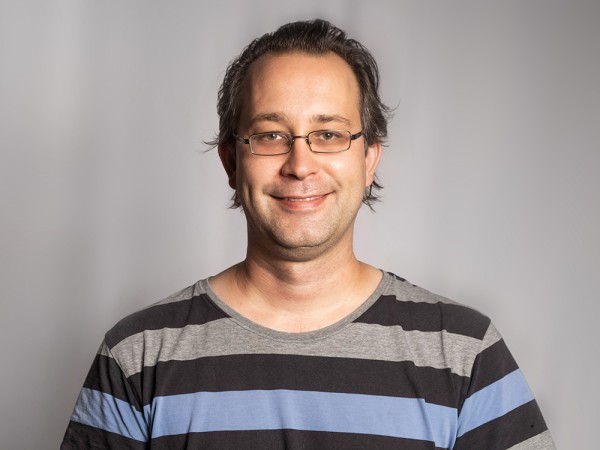In Bavaria, sewage sludge from municipal wastewater treatment is incinerated to a great extent. The large sewage sludge incineration plants in Munich, Neu-Ulm and Altenstadt handle around 30,000 t of sewage sludge ash per year, some of which are deposited and some of which are used as fertiliser in agriculture. The heavy metal contents of the sewage sludge ash considered here are below the limit values for fertilisers according to the German Fertiliser Ordinance (DüMV). Featuring 8-13%, the P content in the ashes is high but their phosphate availability is rather low.
The project comprises the planning, set up and operation of an AshDec plant. After its commissioning, the parameters will be optimised. With a capacity of 30,000 t per year, the plant will be able to process the entire Bavarian sewage sludge ashes to highly effective fertilisers and to introduce them into the regional market.
AshDec is a thermochemical treatment method allowing for the ashes to be digested by means of sodium compounds at 850-900 C in a rotary kiln. Volatile heavy metals such as cadmium, lead and mercury can be separated via the gas phase.

The scientific support of the plant operation comprises the following tests:
A mass balance of the plant is expected to provide information about material and energy flows.
The products of the plant are examined in detail in terms of their quality:
The P fertilising effect as well as the availability and benefits of silicon and trace substances of the recycled fertilisers will be documented by proven agronomic methods and extensive field trials.
To assess their environmental impact, a life cycle assessment will be carried out. The small scale examination of all German sewage sludge ashes will deliver a scheme for the transferability of the results to other regions in Germany.
The recycled fertilisers in Bavaria will be launched in close cooperation with the most important stakeholders (farmers, ministries, approval authorities, research institutions).
The Kompetenzzentrum Wasser Berlin (KWB) will examine the scheme’s transferability to other sites and is responsible for the environmental risk assessment of the fertiliser products as well as for the Life Cycle Assessment and the cost-benefit analysis of the entire process.





